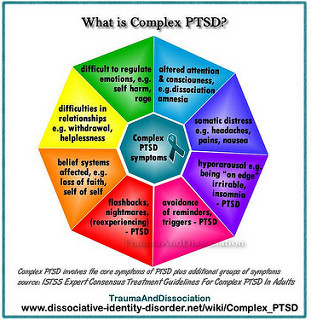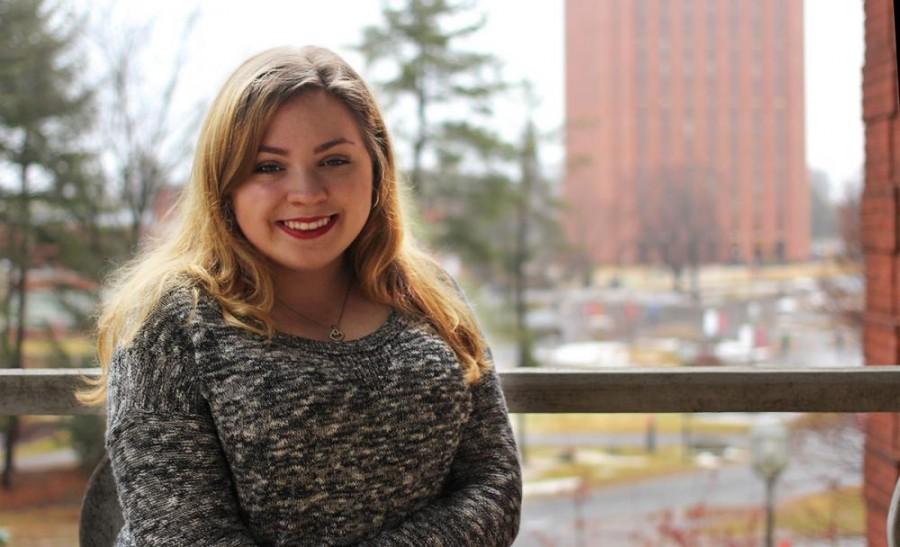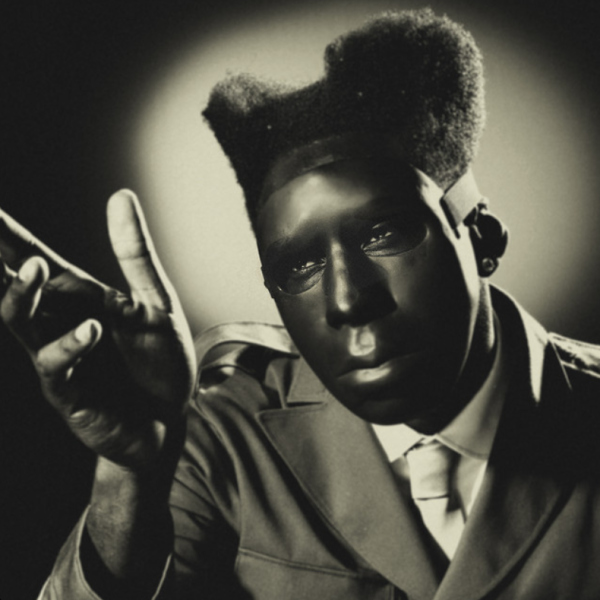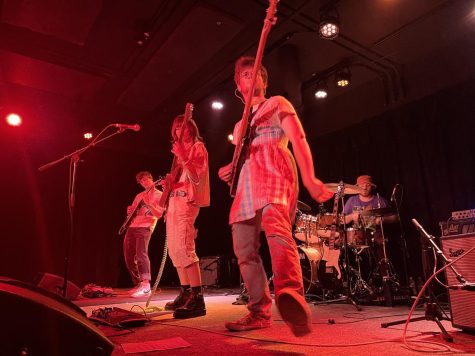I am not my illness
It was one of my last sessions with my therapist when she asked me to “remind” her why I started seeing her.
“I originally came for anxiety,” I said.
“And how is it now?” she asked. It was better. A lot better.
I wasn’t always sure this day would come.
Two months prior in the spring of 2014, I started seeing her because I thought I had anxiety.
My therapist, however, began treating me for complex post-traumatic stress disorder, or C-PTSD, without me even knowing it. And the techniques she was using were helping.
C-PTSD occurs after chronic or long-term exposure to emotional stress. Unlike regular PTSD, it occurs after several traumatic events. C-PTSD symptoms include trouble sleeping, hyper vigilance, fear of abandonment, low self-esteem, feelings of shame and guilt, and perfectionism. As I went through the list of symptoms, I had almost every single one. Sometimes you don’t realize how much you’ve been through until it becomes too much.
When people hear the term PTSD or C-PTSD, they picture a soldier who has just returned from war. They don’t picture a 20-something-year-old college stude nt. My brother is an Iraq War veteran with PTSD, and I never thought I could be dealing with a similar illness. But such diagnoses are not as uncommon as you think. Many people you may not suspect might have suffered trauma in their lives. People may have suffered from abuse, neglect, painful medical procedures or even natural disasters.
nt. My brother is an Iraq War veteran with PTSD, and I never thought I could be dealing with a similar illness. But such diagnoses are not as uncommon as you think. Many people you may not suspect might have suffered trauma in their lives. People may have suffered from abuse, neglect, painful medical procedures or even natural disasters.
My symptoms of C-PTSD started in August 2010. I had to have immediate surgery when I was 16 because my doctor discovered that an operation I had in 2008 had not been done correctly. My spinal fusion for severe scoliosis had resulted in a screw rubbing against my aorta. Miraculously, during the second procedure, surgeons determined my aorta suffered no damage. Yet, all I could feel was the pain of knowing I could have died.
I became the shell of the person I once was. I had sleep paralysis, couldn’t trust people, pushed people away. I became hyper vigilant and isolated myself. I turned into a perfectionist, feeling like a failure when I brought home anything less than an A on my report card.
My symptoms worsened in 2013 when my dad committed suicide. I felt responsible; I had tried to get him to seek help, but he wouldn’t and the pain of that responsibility gnawed at me. I couldn’t sleep, and when I did, I would wake up screaming.
According to the National Alliance on Mental Illness, one in five adults in America may suffer from a mental illness in any given year. They feel worthless, isolated and like they’re different from everyone else.
Up until my diagnosis, I didn’t date, rarely went to parties and suffered in silence. I assumed this was just how I was: a bookish homebody who would rather not be around people. I didn’t realize this was my illness, not who I was.
Through therapy, I learned I am not my illness. I am not defined by the diagnosis or the symptoms I experience. I was able to pick myself back up and move on with my life, and that’s what defines me now.
We believe we haven’t grown much because we’re looking into the future. We forget to look back at who we used to be. What matters most is how far you’ve come, not how far you still have to go.
Since then, I started dating, spend a lot of time with friends and live a pretty fulfilling life. I have two jobs, I’m the president of a club and was able to double-major; I’m doing an AmeriCorps program in Louisiana after I graduate. I still have a lot of symptoms and it’s a constant battle. I’m in weekly therapy and a meditation group, and I journal and talk to friends. I’ve found things that work for me, and you can, too.
Here are some things that have helped me overcome my C-PTSD symptoms:
- Therapy: Therapy is not an end-all-be-all. It’s also not something that helps after going one time and you may not click with your therapist, either. Therapy helped me because I found a great therapist and I was willing to put the work in.
- Meditation: My brain won’t shut up. My muscles are tense from my C-PTSD and the surgeries. Meditation helps me calm my brain while also helping my body relax. You might think you don’t have time for this, but you can effectively meditate for five minutes or less.
- Journaling: You can be 100 percent yourself in a journal. You don’t have to worry about offending or hurting someone’s feelings. You can explore how you feel with no judgment.
- Exercise: If you’re able-bodied, try going to the gym or take a short walk.
The final thing I learned in therapy is to be kind to yourself. This might be the hardest thing you have to learn, that you are worth so much more than you believe. Remember you might have bad days, but that doesn’t mean you’re not progressing.
As I walked out of the therapist’s office for the last time that year, I felt a sense of accomplishment. I knew I was not “cured,” but I was on the right path. For the first time in a long time, I was looking forward to seeing what the future held. I was no longer afraid of everything around me, afraid of the future. I was finally in control.
Email Katie at [email protected] or follow her on Twitter @ktcharb.











